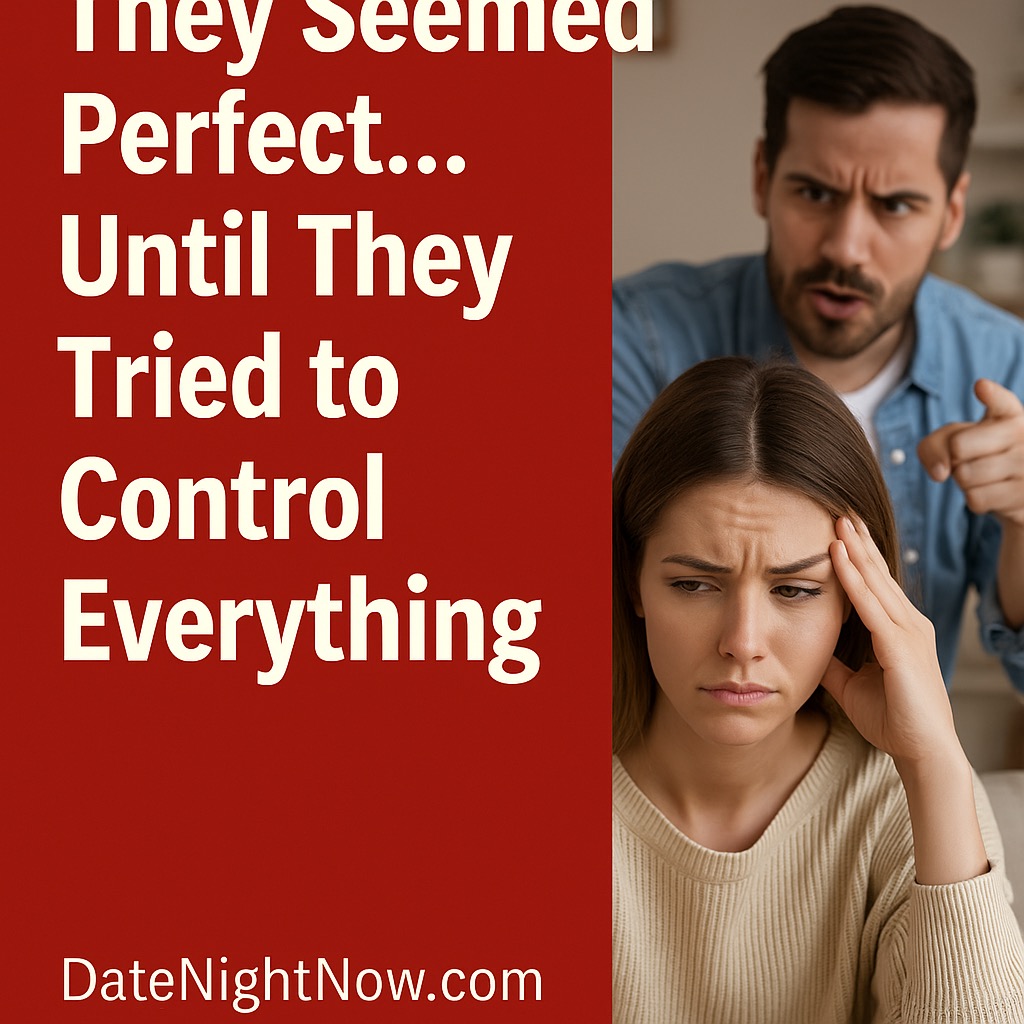
Toxic or Just Difficult? How to Tell the Difference in Your Relationship
Not every bump in a relationship means it’s toxic. Some conflicts are completely normal, even healthy, for growth. But how do you tell the difference between a partner who’s going through a rough patch and one who’s emotionally damaging? Recognizing the line between “difficult” and “toxic” can help you decide whether to work on the relationship—or walk away for your own well-being.
1. Healthy Conflict vs. Emotional Manipulation Disagreements happen in every relationship. A difficult partner might be stubborn or quick to argue, but ultimately they respect your opinions and listen. A toxic partner, however, uses conflict as a way to control, guilt, or gaslight you into feeling wrong.
Signs of toxicity:
- Twisting your words
- Denying facts or events you clearly remember (gaslighting)
- Making you feel crazy for bringing up issues
2. Accountability vs. Blame-Shifting A difficult person may resist criticism, but over time they can admit when they’re wrong. A toxic person rarely, if ever, takes responsibility. Instead, they make everything your fault and refuse to acknowledge your feelings.
Watch for:
- “You’re too sensitive”
- “If you didn’t do X, I wouldn’t act this way”
- Never saying sorry, or using apologies to manipulate
3. Respecting Boundaries vs. Ignoring Them Everyone has boundaries—emotional, physical, and mental. A difficult partner may misunderstand or push back at first, but they eventually learn and respect them. A toxic partner repeatedly crosses boundaries, often on purpose, and minimizes your discomfort.
Examples:
- Reading your messages without permission
- Showing up uninvited
- Pressuring you to do things you’re uncomfortable with
4. Supporting You vs. Draining You Relationships should add value to your life. A difficult partner may need support of their own, but they’re also capable of lifting you up when it matters. A toxic relationship leaves you emotionally drained, anxious, and constantly on edge.
Red flags include:
- Feeling worse after talking to them
- Being afraid to bring up issues
- Constant drama, emotional highs and lows
5. Growth Together vs. Emotional Stagnation Even imperfect relationships should show signs of growth. If you’re learning, compromising, and getting better together, you’re dealing with challenges—not toxicity. A toxic relationship, on the other hand, doesn’t evolve. You feel stuck, misunderstood, and like your needs never matter.
Conclusion: Know the Difference, Trust Your Gut No relationship is perfect, and difficult people can still be loving, loyal partners. But if your mental health is suffering and you’re constantly walking on eggshells, you’re likely in a toxic situation. Trust your instincts. If you’re not sure, talk to a therapist or trusted friend.
You deserve a relationship where you’re seen, heard, and valued. Don’t settle for less.
